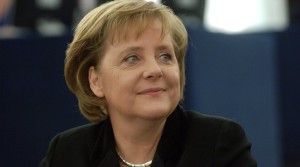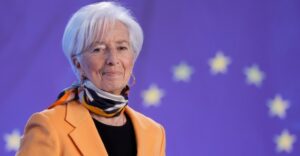German Chancellor Angela Merkel warned that Greece would manage to ‘stand on its feet’ again only if the reforms were implemented, in an interview to German network ZDF, aired on Sunday night.
Merkel repeated Berlin’s position on the Greek debt, categorically ruling out a hair-cut, but added that there was a possibility of an extension of loan payments, coupled with interest rate cuts.
Merkel believes the agreement with Greece was finalized with German Finance Minister Wolfgang Schauble’s involvement. As she told the network, during the final night of negotiations at the Brussels summit she was in constant contact with Schauble, while she believes the radical leftist Greek government was forced to change its position thanks to the determined stance of other member-states, Schauble and the German government.
On the question of whether Germany’s tough position during talks hurt the country’s image, she replied that “we had backing of other countries, like Portugal and Ireland”.
According to Merkel, Athens realised that Greece can stand on it’s own two feet only after the implementation of reforms. She added, however, that the EU must wait and monitor whether the necessary intensive work will continue.
The German politician ascertained that the Euro-crisis has lasted for a long time, adding that Europe must come more united out of the crisis. On the matter of whether the IMF will take part in the new Greek rescue plan, she said that the Fund’s head, Christine Lagarde, had confirmed it would be on board the new plan if the necessary conditions were met. “I have no doubt that what Lagarde said corresponds to reality,” Merkel underlined.
Commenting on the upcoming vote in the Bundestag on the new Greek bailout plan, Merkel echoed the position of Volker Kauder, the parliamentary group president of the conservative CDU party, who threatened dissenting MPs that they would lose their positions on various committees if they voted against the Greek rescue plan.
Finally, Merkel warned that the refugee crisis would be the next great challenge for Europe, adding that it will test the continent’s ability to act in unison and solve problems.
Ask me anything
Explore related questions





